Hobbies That Enrich a Health Scientist’s Life with Balance and Creativity
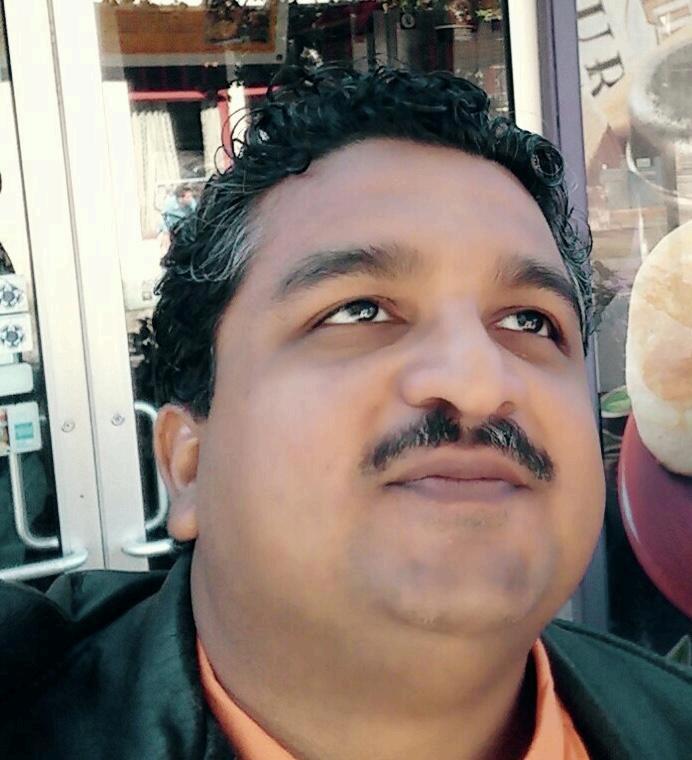
Isam Vaid believes that the professional journey of a health scientist is often intense, requiring focus, precision, and dedication of long hours to advancing research and improving human well-being. Yet, beyond the rigors of laboratories and data analysis, it is the hobbies that enrich a health scientist’s life, which bring balance, creativity, and renewed energy These personal pursuits are not mere diversions but vital complements to professional excellence, providing the inspiration and resilience necessary to thrive in both work and life.
One enriching hobby for health scientists is writing While their careers demand the production of technical reports and academic papers, engaging in creative writing, journaling, or even blogging opens new channels of expression These outlets sharpen communication skills, making complex concepts more accessible while allowing for reflection and storytelling. Writing outside the professional sphere helps health scientists process experiences, connect with broader audiences, and explore the human side of science in ways that technical documents often cannot capture.
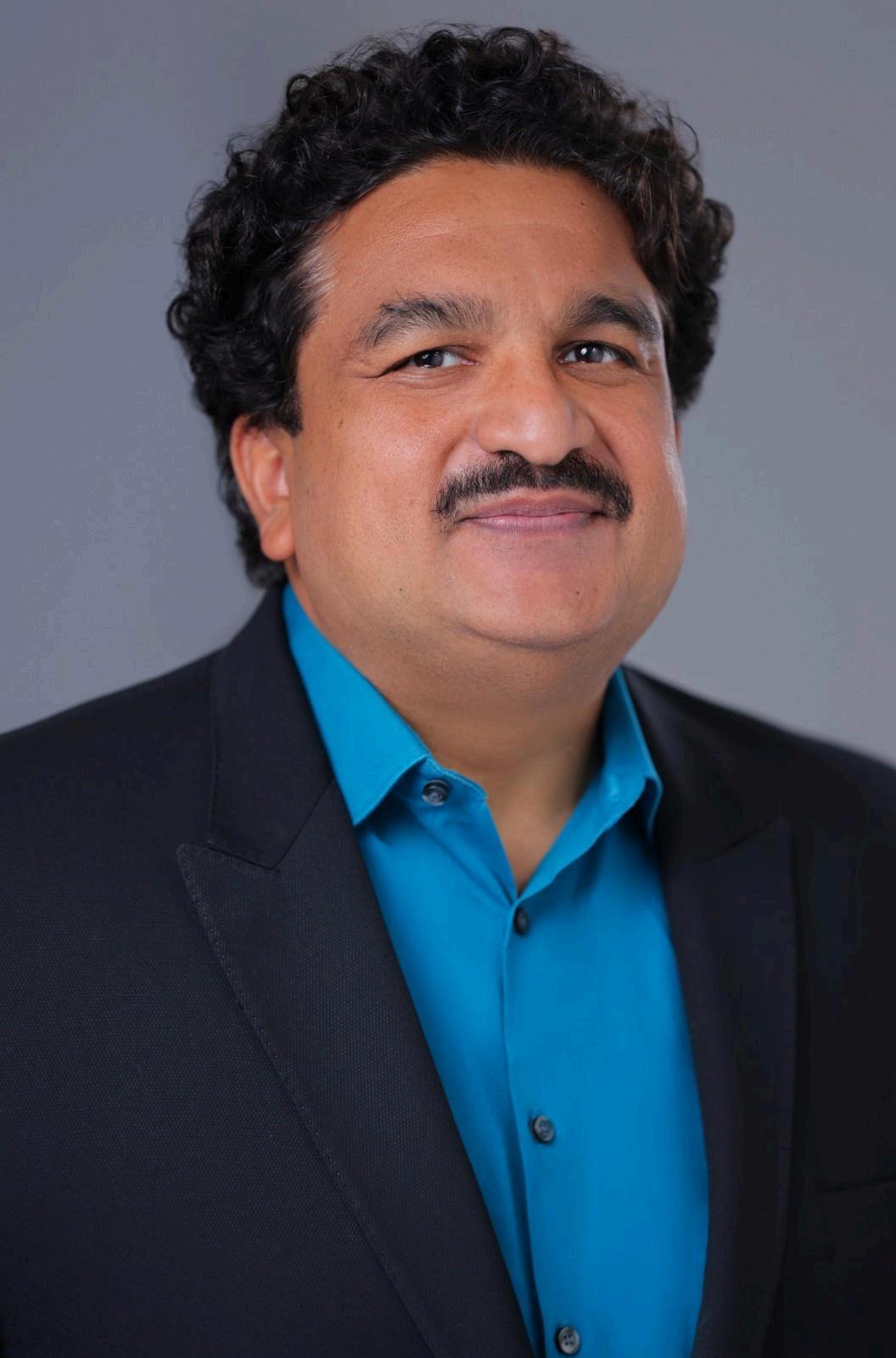
Physical activity also plays a vital role in enriching their lives Scientists often spend long hours in labs or at computers, making movement essential for maintaining both health and clarity of thought. Running, yoga, cycling, or swimming not only improve fitness but also release stress and sharpen focus Hiking adds another dimension by combining exercise with immersion in nature, offering fresh perspectives and moments of calm away from structured environments. Physical activity replenishes energy, fueling both productivity and creativity when scientists return to their research
Artistic hobbies such as painting, photography, or playing a musical instrument spark creativity in ways that complement scientific thinking. While research often requires strict adherence to protocols, art invites open exploration, improvisation, and emotional expression Photography sharpens observational skills that mirror those needed in research, while music fosters discipline and patience. Engaging in the arts cultivates imagination, which can inspire innovative approaches to solving scientific problems
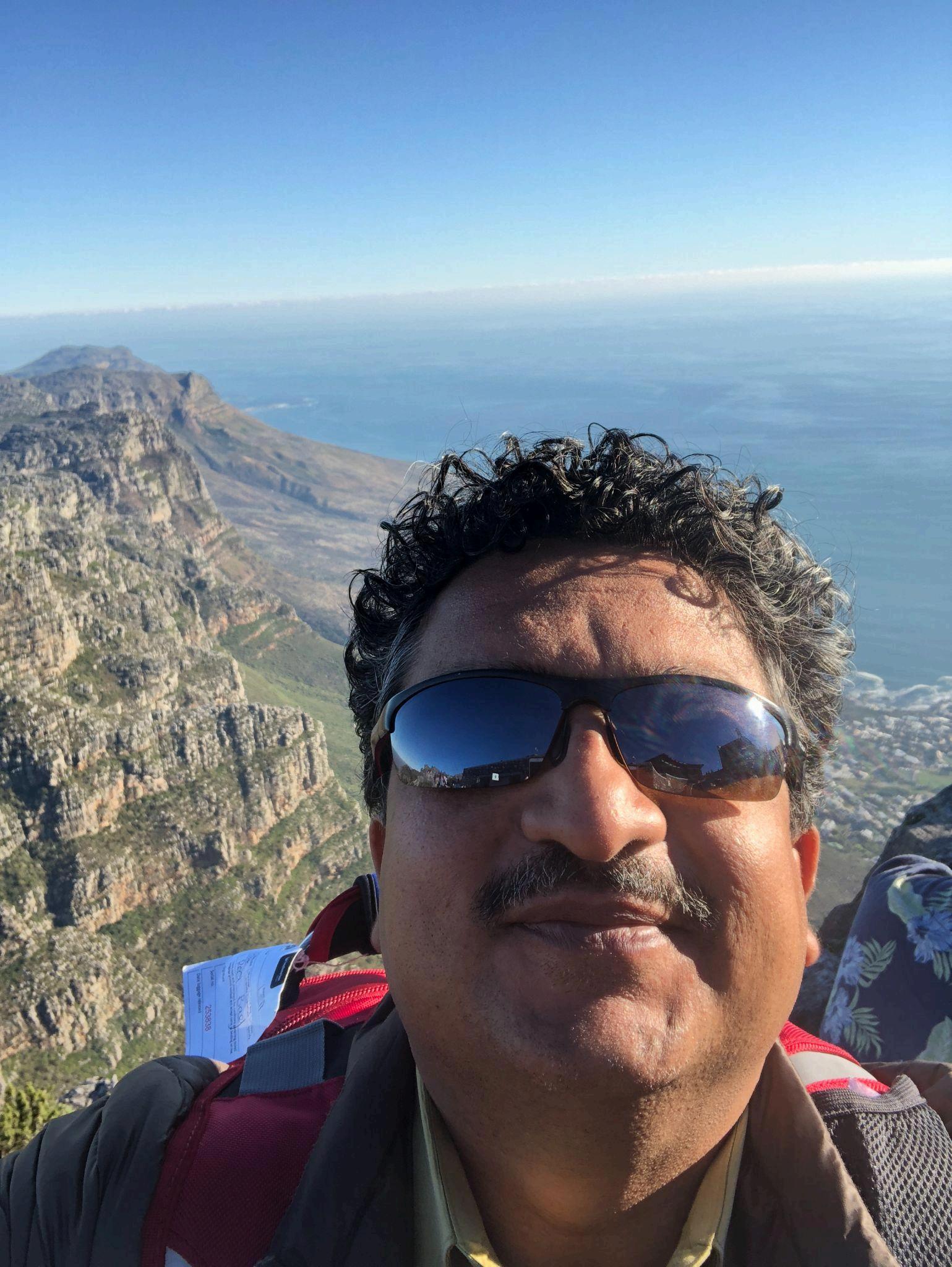
Gardening offers another fulfilling pursuit, one that resonates with a scientist’s curiosity and patience. Nurturing plants requires observation, care, and experimentation, paralleling the process of scientific inquiry The act of planting seeds and watching them grow provides both therapeutic relaxation and tangible rewards, whether in the form of fresh produce or vibrant flowers Gardening also reconnects individuals to the natural cycles of life, offering grounding moments that balance the complexities of scientific work
Travel provides inspiration and enrichment on a broader scale By exploring different cultures, landscapes, and healthcare systems, health scientists gain new perspectives that influence both their worldview and their research Encounters with traditional practices, diverse approaches to wellness, and global health challenges often spark fresh ideas or collaborative opportunities. Travel blends recreation with professional growth, making it one of the most rewarding hobbies for those dedicated to understanding human health
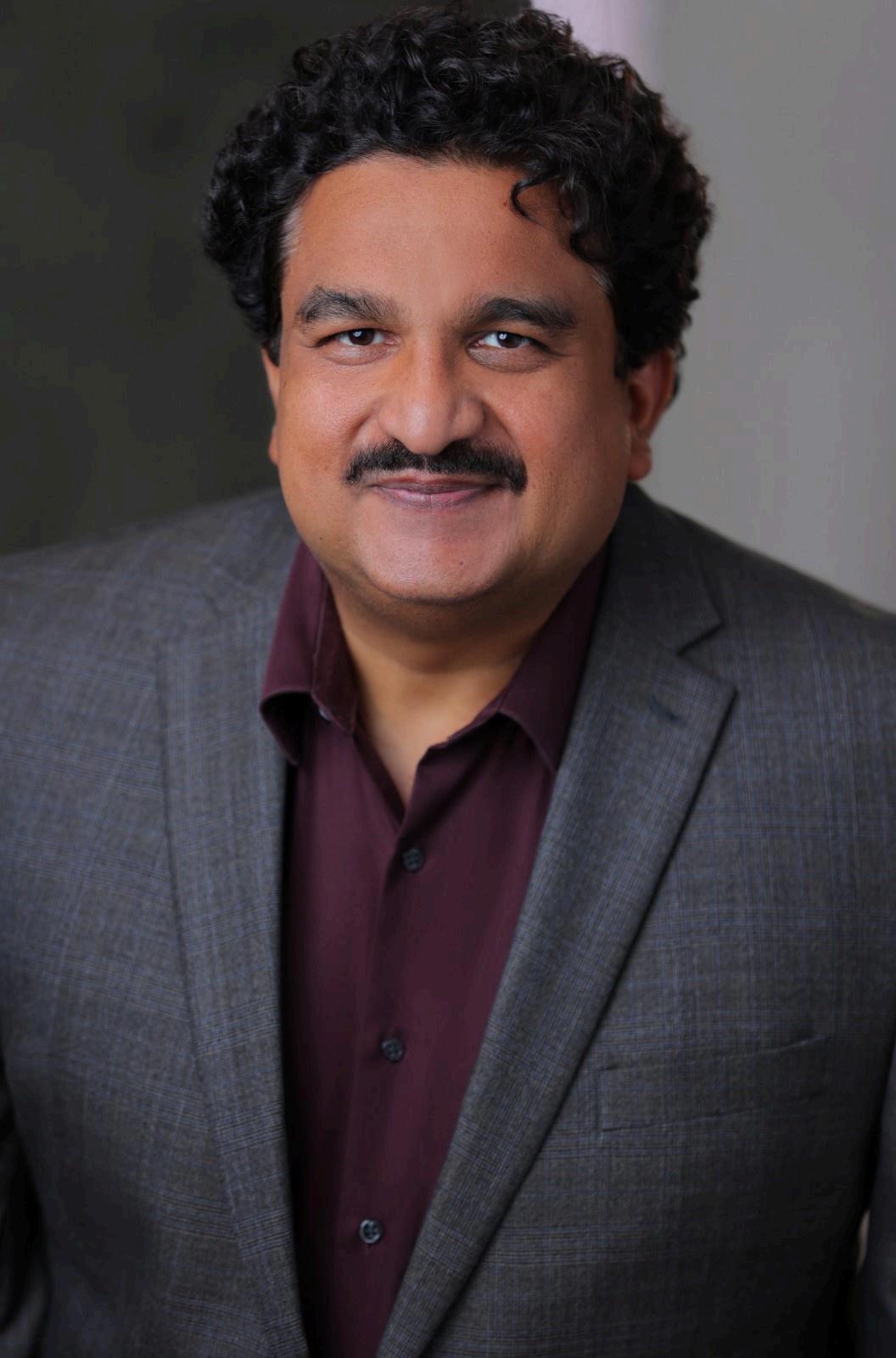
Volunteering adds a dimension of service to life beyond research Many health scientists choose to dedicate time to community outreach, education, or healthcare initiatives. By applying their knowledge outside academic or laboratory settings, they witness firsthand the impact of their expertise on individuals and communities This engagement reinforces the broader purpose of their work, fostering empathy, connection, and a sense of contribution beyond personal achievement
Mindfulness practices such as meditation and tai chi also enrich life by cultivating inner balance The demanding nature of scientific work can lead to stress and burnout, but mindfulness helps restore focus and emotional stability These practices nurture resilience and patience, enabling scientists to navigate challenges with calm and clarity. They also enhance collaboration by fostering attentive listening and thoughtful responses in professional environments.
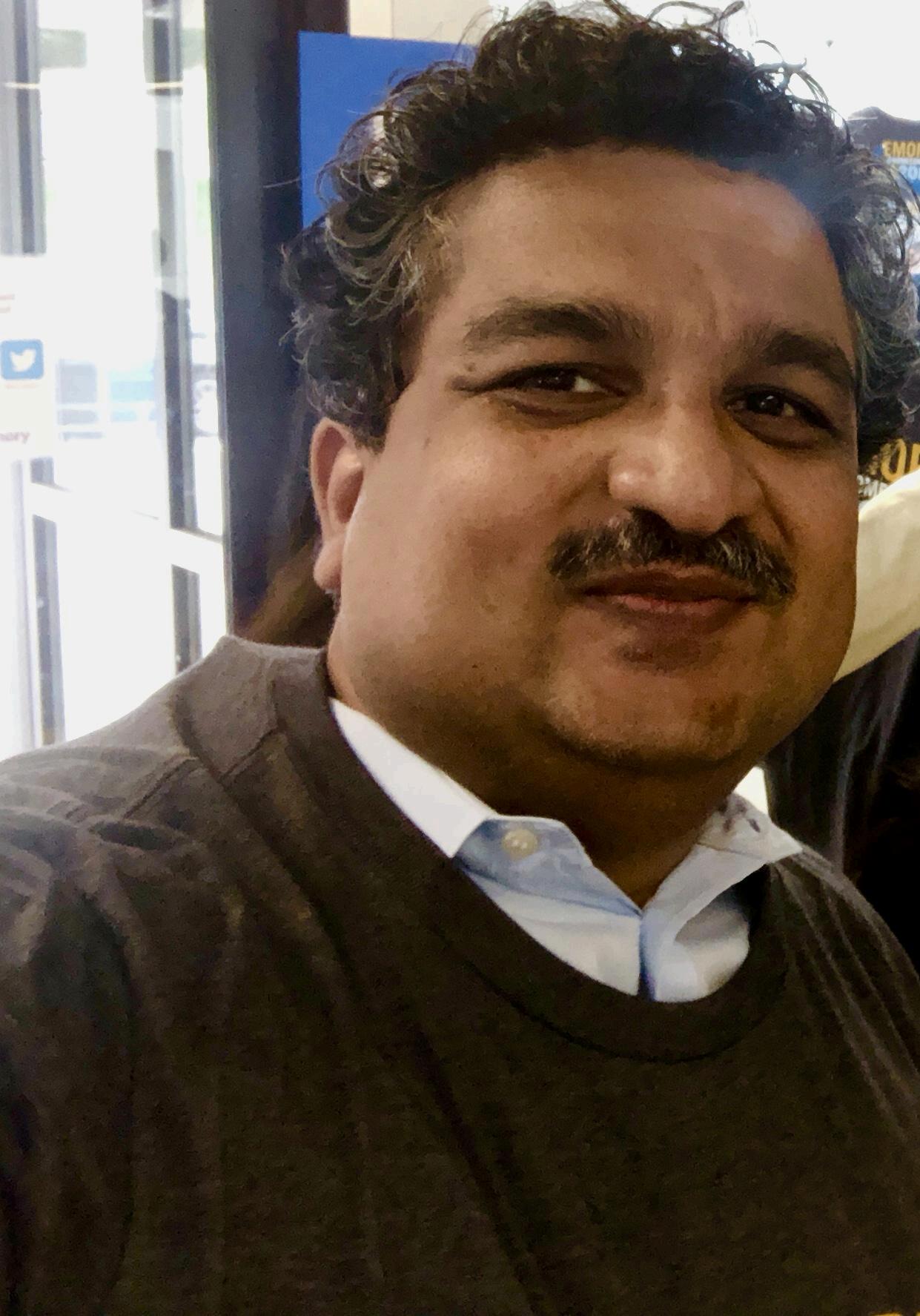
The hobbies that enrich a health scientist’s life are not separate from their professional identity but integral to it They nurture creativity, balance, and resilience, enhancing both personal well-being and professional performance. Whether through writing, physical activity, the arts, gardening, travel, service, or mindfulness, these pursuits provide the renewal necessary for a lifelong commitment to advancing human health. By embracing hobbies with curiosity and dedication, health scientists not only enrich their own lives but also bring more profound insight and vitality to their work
